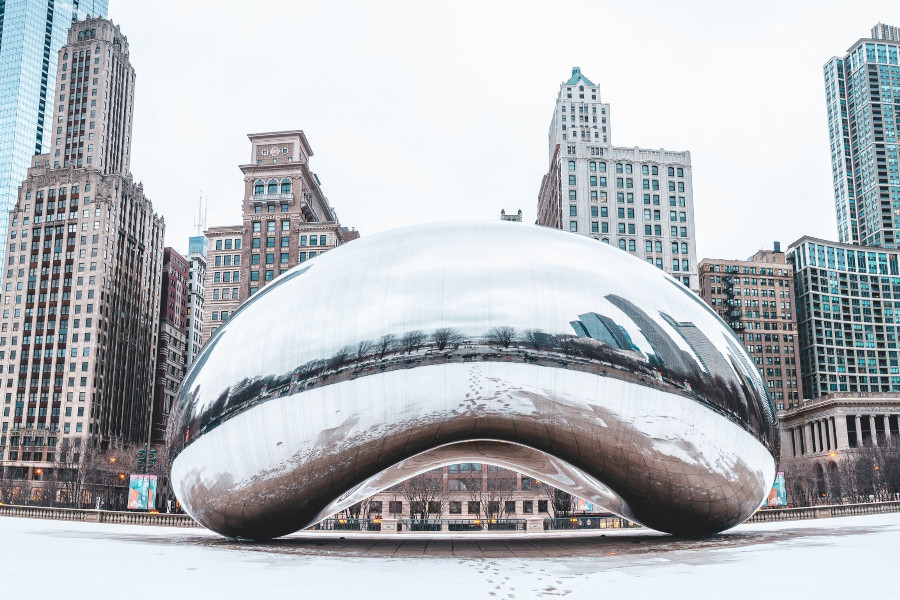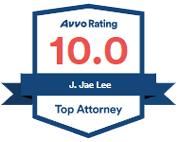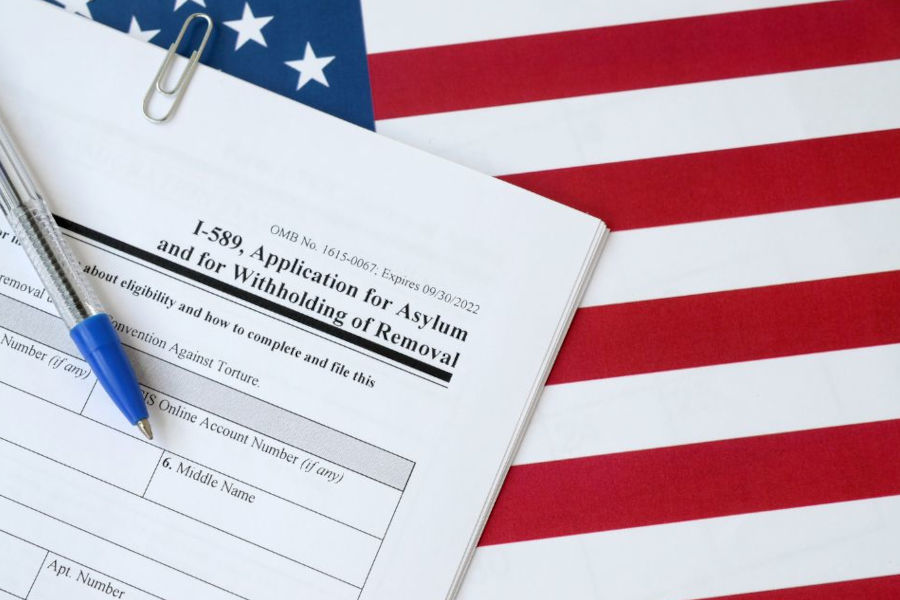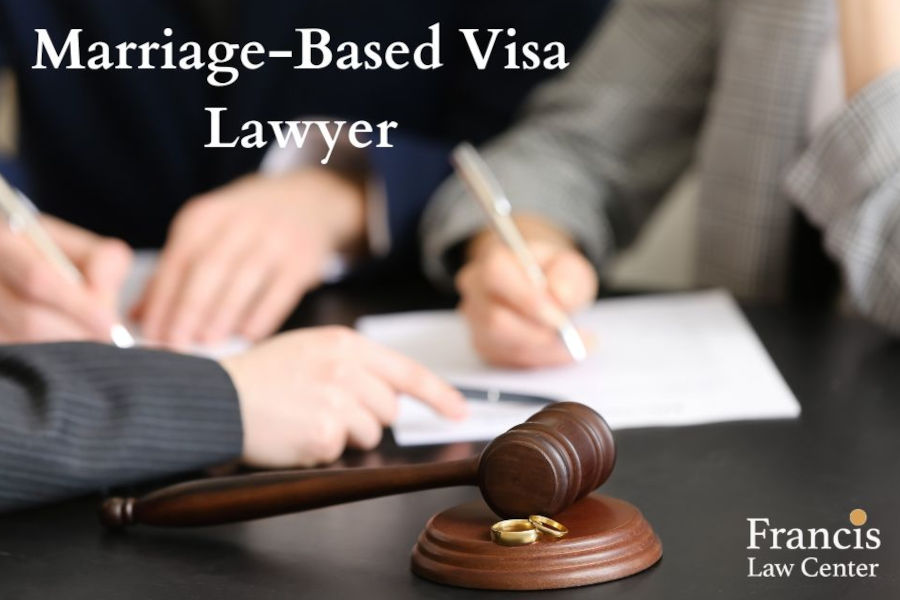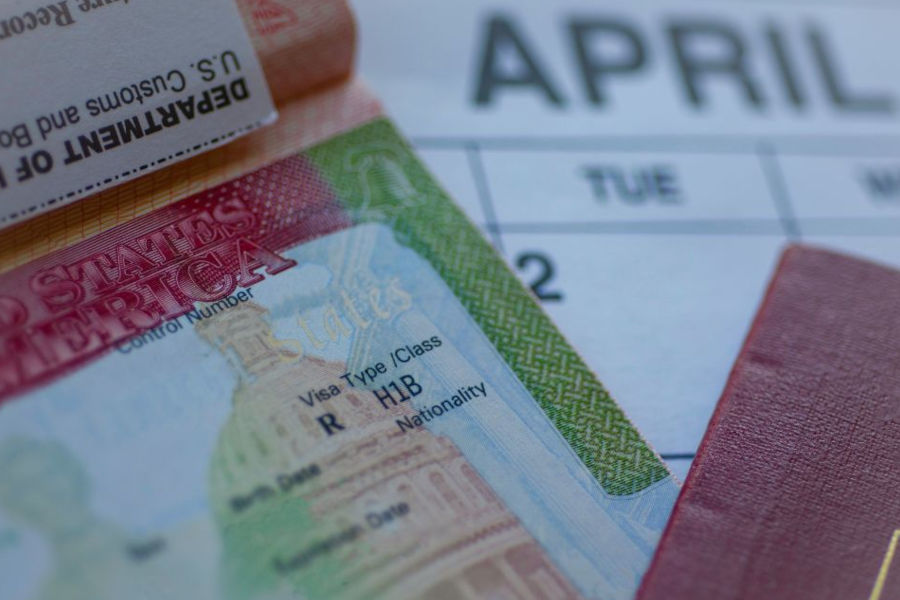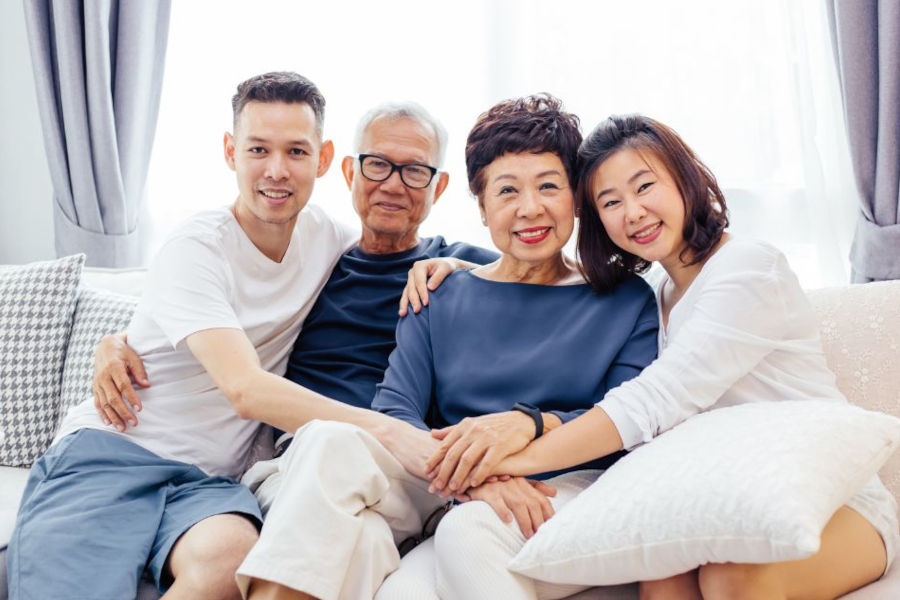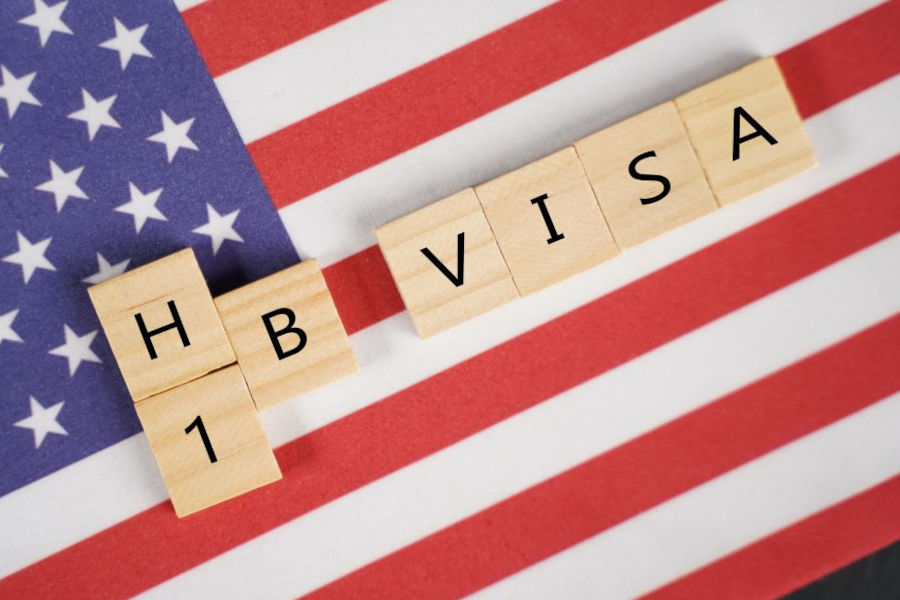The United States Court of Appeals for the Second Circuit has stayed a preliminary injunction against the Department of Homeland Security (DHS) applying its expanded public charge rule. Due to pending litigation around this issue, the expanded rule still cannot be applied in New York, Connecticut, and Vermont, but there is no longer a nationwide injunction against DHS.
The ruling continues a complicated legal history. In August 2019, DHS adopted a new interpretation of the public charge rule, which included redefining public charge and establishing criteria for evaluating whether an immigrant is likely to fall under the definition in the future. Specifically, DHS defined “public charge” as someone receiving one or more public benefits (including cash assistance, SSI, TANF, SNAP, Medicaid, and public housing—a more encompassing list than before) for a total of twelve months in a three-year period. Age, health, family, financial circumstances, education, and skills are among the relevant factors in evaluating the likelihood of someone receiving these benefits for the relevant duration, though that list is not exhaustive. The burden of proving self-sufficiency falls on the applicant, who must file Form I-944. If determined to be a public charge, or future public charge, an immigrant is inadmissible or, if seeking permanent residency status, unable to receive a green card.
Litigation immediately followed the rule change, including in Illinois, where an injunction against the rule was at one point won (but later halted). The recent ruling deals with two other injunctions, both decided in the District Court for the Southern District of New York. Originally, that court enjoined DHS from applying the expanded rule anywhere in the United States; as DHS appealed to the Second Circuit, the Supreme Court stayed the injunction (and all others). At this point, the public charge rule was to go into effect nationwide on February 24, 2020.
The plaintiffs in the original suit then sought to have the decision modified in the context of COVID-19; namely, in that there would be public health effects of implementing the new rule, which would potentially discourage testing and treatment among immigrants, both due to the penalty for receiving Medicaid and for the negative consequences to being evaluated on overall health. While the Supreme Court refused to modify the stay, suit was again filed in the Southern District of New York, with a second nationwide injunction granted.
The Second Circuit then heard the appeal of the first injunction, upholding it, but only within that Circuit: New York, Vermont, and Connecticut.
In its ruling, the appellate court found that the lower court did not have jurisdiction to issue the new injunction because of the pending appeal on the first injunction at the time the second was granted. Accordingly, the injunction was halted, allowing DHS to implement the new rule. Because the first injunction was upheld within the Second Circuit, the rule still does not apply in New York, Connecticut, or Vermont until the litigation is fully resolved; the injunction that was stayed, though, was nationwide.
Francis Law Center will continue to follow developments with respect to the expanded public charge rule, as it has since the initial rule change.
This information is intended to educate and should not be taken as legal advice.
Written by Francis Law Center Staff Eric Liberatore

